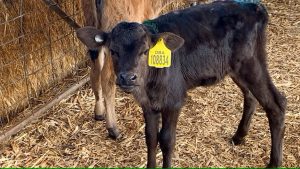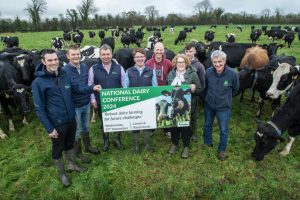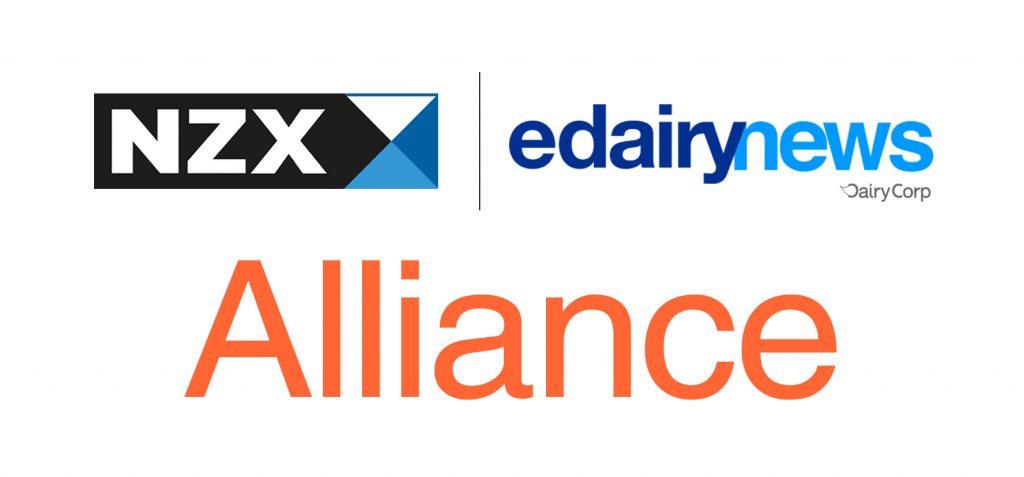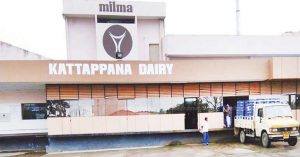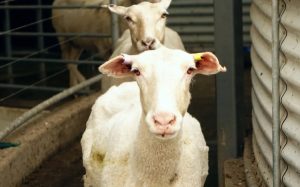Ahmad returned home disappointed, knowing he could not make it to the government job. But he went to read about dairy schemes in Jammu and Kashmir.
In 2017, he took up training in the government-run Entrepreneur Development Institute for dairy farming. Under the Integrated Dairy Development Scheme (IDDS), he bought four cows at subsidised rates and started his farm at Ganderbal in central Kashmir.
Ahmad’s farm has now 20 cows which produce nearly 320 litres of milk every day. So, on an average, he would earn Rs 2,000 as profit every day but the past few months have shown him the stark reality of Kashmir’s “untenable” business environment.
“I am regularly dumping nearly 200 litres of milk because I can’t find buyers,” he says.
Ahmad says he is facing losses for unknown reasons but alludes to the lack of a proper marketing chain for locally produced milk in Kashmir. “I don’t know how to go about it. I am just confused whether I have taken the right decision to be an entrepreneur in Kashmir,” he said.
Like Ahmad, hundreds of other dairy farmers are throwing away thousands of litres of milk in Kashmir because of the faltering marketing chain.
Rafiq Ahmad, another dairy farmer, says he has 20 cows and his inability to sell milk has hit his livelihood. “It is a double-edged sword. After throwing away 70% of milk, we have to feed cows also. I don’t have money to buy fodder for them,” he says.
Experts say dairying is a potential source of additional income for the rural people who form 80% of the population of J&K. Farmers and dairy units in Kashmir are producing 40 lakh litres of milk per day but the region can collect and process only 70,000 litres.
“Production of milk has increased but marketing avenues have been ignored,” Ahmad said, adding dairy farmers had to move to value addition like milk processing and manufacture of byproducts like creams, butter, and confectionaries.
Officials said J&K Milk Producer’s Co-operative Limited (JKMPCL) had been roped in to help the dairy farmers market their products.
“A distressed group of progressive dairy farmers reported an “unusual issue of surplus milk production” to the extent that there are no takers in the market,” said Dr Shabir Ahmad, Chief Animal Husbandry Officer, Ganderbal.
“The usual milk supply chain has broken and they are selling their produce in distress for meagre amounts,” he said.
He said prima facie, marketing of milk seems to be faltered for which the JKMPCL has been roped in to make these units operational so that at least one BMC per block is made operational.”



